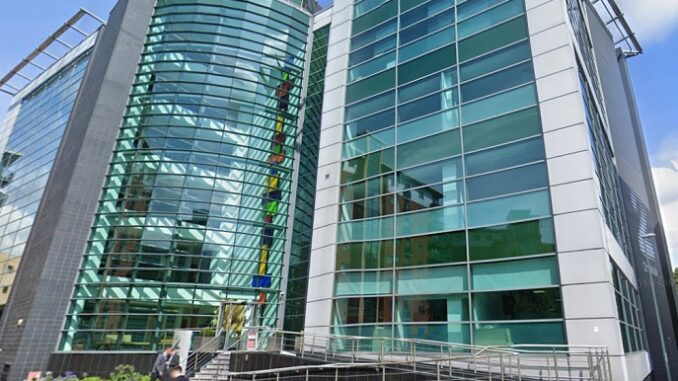
A long and drawn out case for you to read today, which is another one involving a Bounce Back Loan which saw a Company Director getting a 6 year ban, which would probably have been much higher had accounting records been available and had proved he was guilty of additional wrongdoing.
Dara Singh Swali (‘Mr Swali’) failed to ensure that Bikers Lock (UK) Ltd (‘BLL’) maintained and/or preserved adequate records or, in the alternative, he has failed to deliver up sufficient accounting records to explain BLL’s financial affairs for the period from at least 01 August 2019 to its cessation in August 2020.
In that:
- The last accounts were prepared for the year ending 31 July 2018.
- The accountants have advised that they have records for the following year, but do not hold any after July 2019.
- Some cash purchase invoices have been delivered up to the liquidator, however these cannot be matched with cash withdrawals on the bank statements and their total is more than such withdrawals.
- Bank statements from 01 August 2019 show receipts of £233,267
Without sales records it is not known whether:
- These were all the moneys received by BLL or if there were transactions, such as cash sales, which did not go through the bank account.
- This was the only bank account used by BLL.
- These were all the moneys due to BLL
or
- Any debts remained outstanding at the liquidation date
- The bank statements show payments of £227,590 from 01 August 2019, of which cash withdrawals were £51,684 and cheque payments totalled £33,862, credit card payments were £2,452, he received £1,700, and payments which appear to be personal totalled £7,469.
- In the absence of full purchase records it is not possible to explain these payments or verify that they were legitimate company expenditure (or were accounted for in a director’s loan account).
- Without full records it is not possible to verify that a Government-backed bounce back loan of £27,000 was used for the economic benefit of the Company.
- In the absence of full sales and purchase records it is not possible to ascertain if VAT assessments raised by HM Revenue & Customs (‘HMRC’) were reasonable.
- He failed to register BLL for VAT when its income had exceeded the threshold and did not submit VAT returns to HMRC once BLL was registered in January 2019, resulting in assessments being raised for £90,670 for the period from 01 May 2015 to BLL’s liquidation.
In addition, no payments were made in respect of VAT and BLL’s trading was therefore to the detriment of HMRC from at least January 2019.
In that:
- Following a visit and investigation by HMRC it was determined by BLL’s accountant in June 2018 that the Company had exceeded the VAT threshold by March 2015 and should therefore have registered for VAT on 01 May 2015.
- The VAT registration form was received by HMRC on 09 January 2019 and BLL was registered with effect from 01 May 2015.
- No returns were filed and HMRC raised assessments for the period 01 May 2015 to 31 January 2019 and for the following quarters to BLL’s liquidation in October 2020, totalling £90,670.
- Bank statements disclosed payments of £364,929 from 01 January 2019, no payments were made to HMRC.
At the liquidation date HMRC was the majority creditor as trade creditors were owed £14,985 according to the statement of affairs.








